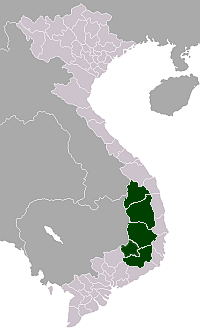Forests and folklore during the Vietnam War

I love folklore and mysteries, which led me to write a book about an evil spirit in Indigenous belief in Canada and the United States. After many years of reading about folklore from the Amazon to Hong Kong, I thought that I had heard about every mythical being. And then I came across this brief, carefully-researched video by Mark Felton on Vietnam’s legendary rock apes: “Vietnam War Rock Apes – Bigfoot or Big Fraud?” Since Mark Felton is best known for carefully researched histories of military events during World War Two, this YouTube video surprised me. But if you’re curious to hear the stories American GI’s told about encountering strange animals during the Vietnam War, this might be the video for you.
If you are curious, you can find my own posts about Japanese demons, British ghosts, and a Canadian mystery ship here. Lastly, if you haven’t heard the podcast Death in Ice Valley, about a woman’s strange death in Norway, I highly recommend it.
I know that this Halloween most families in both Canada and the United States won’t be trick-or-treating, given the pandemic. Whatever you and your family do to celebrate Halloween, stay well and have fun.

![Marine gets his wounds treated during operations in Huế City, 1968. By Undetermined U.S military photographer [Public domain], via Wikimedia Commons . By Undetermined U.S military photographer [Public domain], via Wikimedia Commons](http://introglobal.wpengine.com/wp-content/uploads/2016/06/1024px-OperationHueCity1967wounded-300x210.jpg)